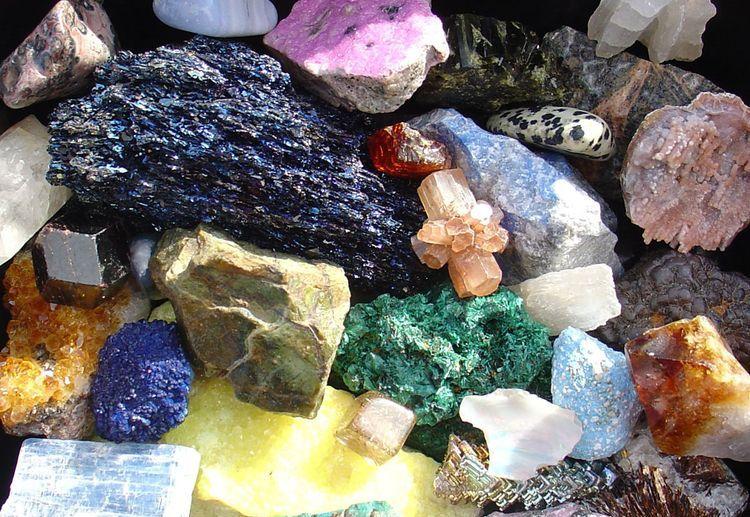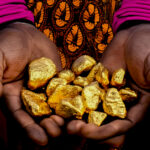Nigeria sits on a rich trove of mineral resources—gold, limestone, and bitumen, among others—spread vastly across 500 areas.
Yet, for all their promise, solid minerals contributed only 6.33% to the national GDP in the last quarter of 2024.
Recent data have signalled a steady uptick in the country’s production of gold, limestone, and bitumen, according to the Miners Association of Nigeria.
This growth is credited to the Nigeria Mining Week, a yearly event that’s expected to happen in Abuja this October. The event, which is now in its 10th iteration, has influenced policy reforms and attracted a new crop of investors into the sector.
Previously stuck in outmoded practices, Nigeria’s mining companies are increasingly embracing modern technologies and sustainable practices that boost efficiency and pose little damage to the environment.
The Nigeria Mining Week particularly fuels this drive by fostering discussions between the government and stakeholders about harnessing the export potential of the country’s solid minerals.
With reserves running into 42 billion tonnes, Nigeria’s bitumen ranks as the second-largest deposit in the world. Bitumen is essential for road construction, housing, and industrial insulation.
Meanwhile, gold, which is used in electronics and precision instruments, is concentrated in the country’s northern region.
Generally, solid minerals provide raw materials for construction, road building, and industrial production. As such, they are a huge source of foreign exchange.
Yet Nigeria’s industry has performed poorly over the years, churning out about a meagre ₦818.04 billion in government revenue between 2007 and 2021. Industry experts maintain that the figures mirror weak investment. If the sector were maximised, the figures would be much higher, they say.
To improve the figures, they argue that Nigeria’s minerals should, rather than be exported, be processed to create jobs and stimulate manufacturing. With global players like Glencore showing interest in Nigeria’s reserves, the country has a chance to reposition mining as a driver of economic diversification.
The challenge, however, is ensuring that this growth is sustainable. Nigeria must balance increased production with the preservation of its mineral wealth.
Transparent policies, strong regulation, and investment in local processing are essential if the country is to fully harness its resources without compromising the future.
Nigeria possesses abundant mineral resources, including gold, limestone, and bitumen, scattered across 500 different areas; however, these solid minerals contributed merely 6.33% of the national GDP in Q4 2024. Rising production rates have been observed, largely due to the Nigeria Mining Week event, which has led to policy reforms and attracted investors. Embracing modern technologies and sustainable practices in mining, Nigeria aims to improve efficiency and environmental impact.
The country is home to the world's second-largest bitumen deposit, with crucial uses in construction and industrial applications. Gold, concentrated in the northern region, is vital for electronics. Solid minerals serve as valuable raw materials for multiple industries and a significant source of foreign exchange. Yet, the sector has historically underperformed, attracting weak investment and generating limited government revenue of ₦818.04 billion between 2007 and 2021.
Experts suggest processing minerals domestically to enhance job creation and manufacturing, drawing interest from global players like Glencore. Sustainable growth remains a challenge, requiring transparent policies, strong regulation, and investment in local processing to balance production increases with the conservation of mineral wealth. These efforts aim to reposition mining as a catalyst for economic diversification in Nigeria.






